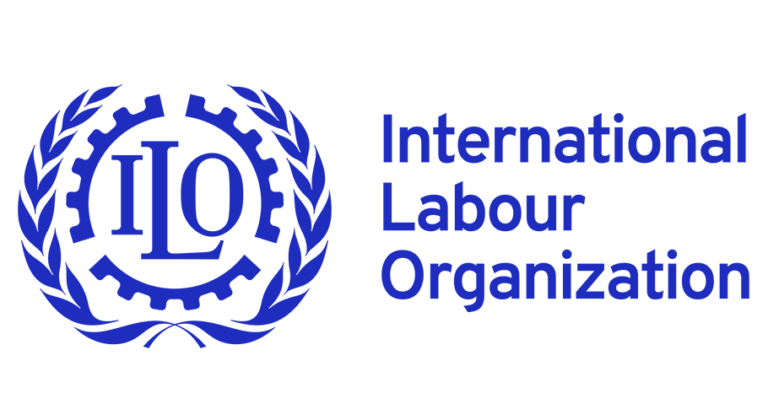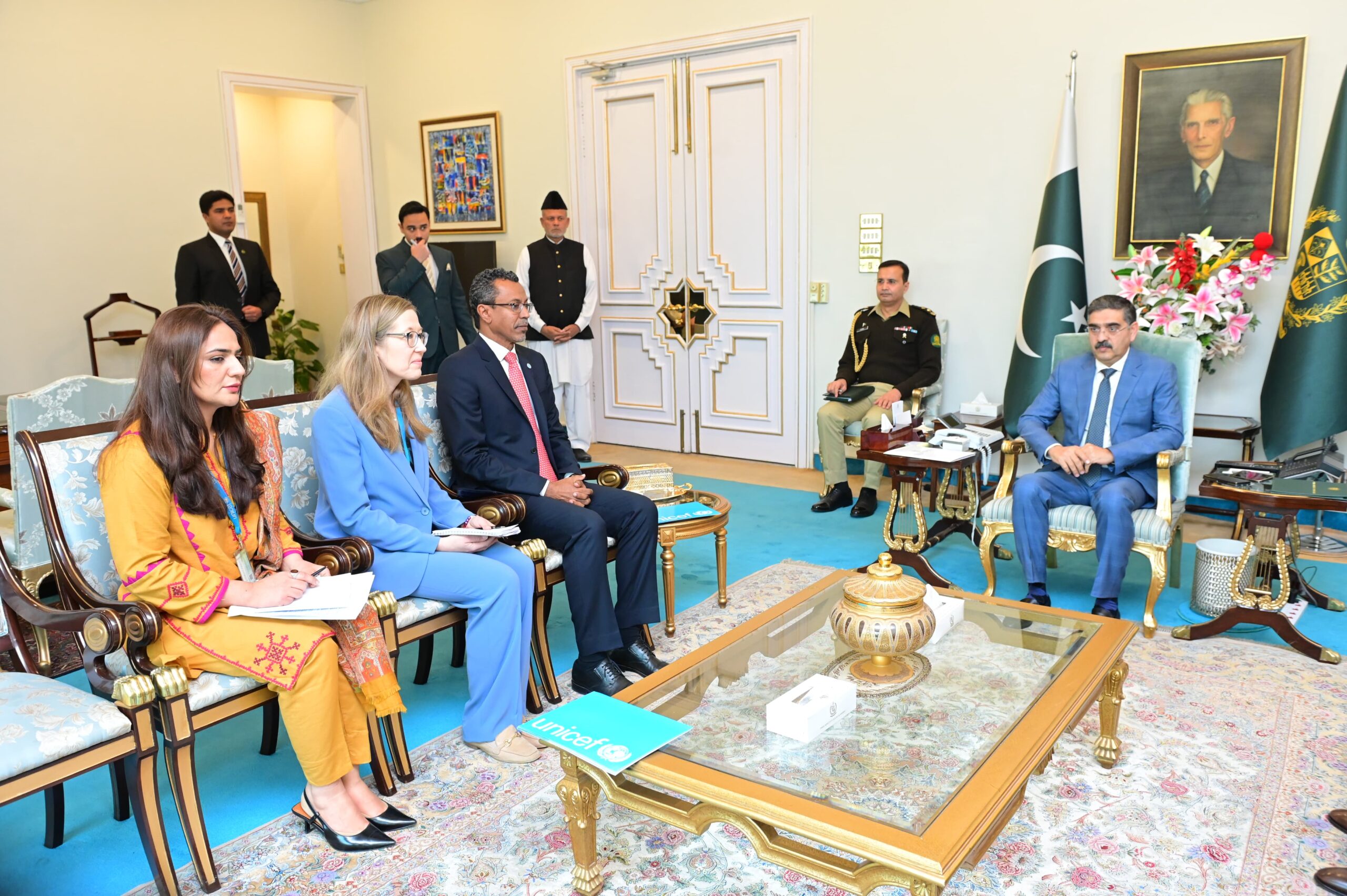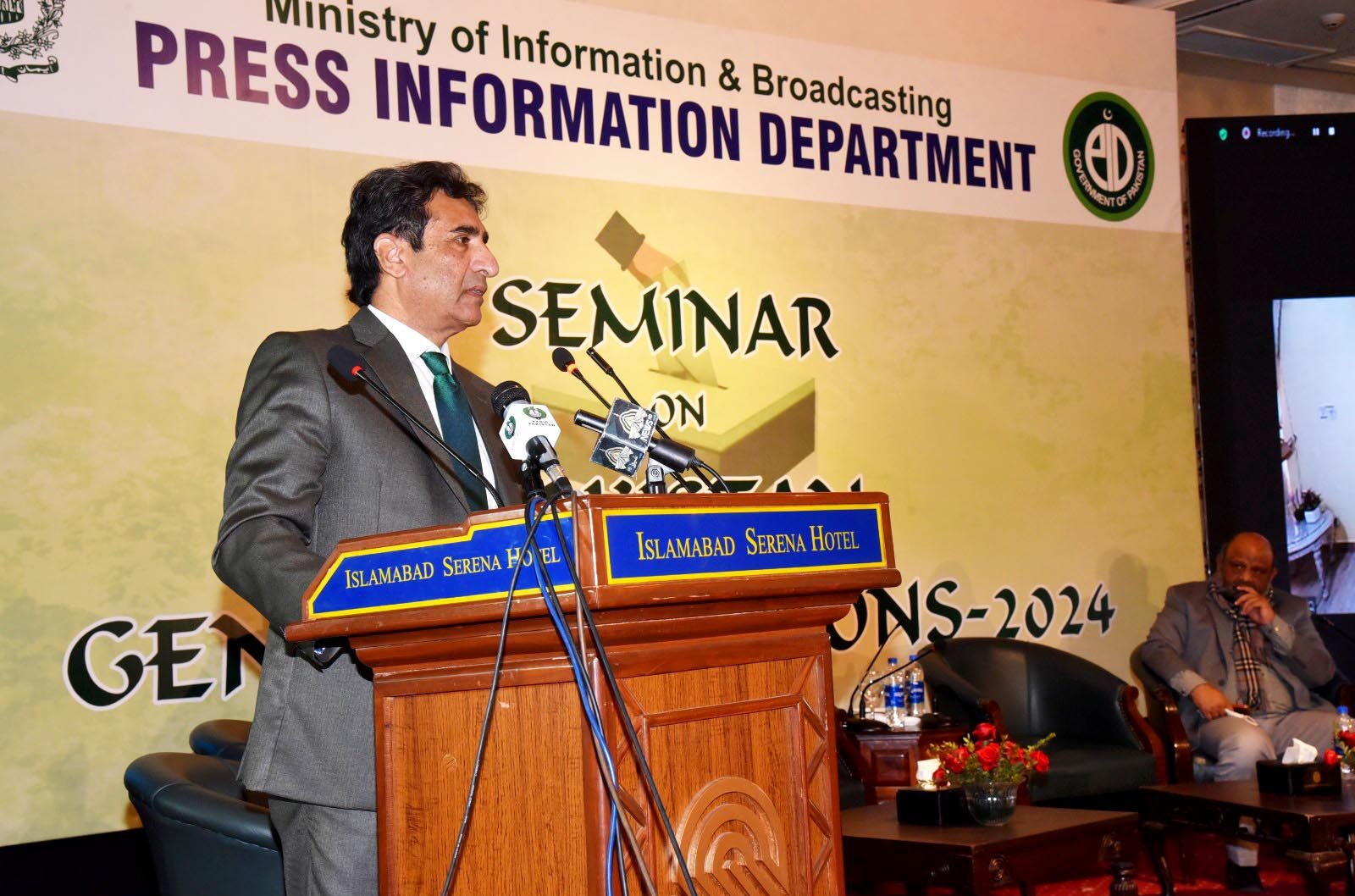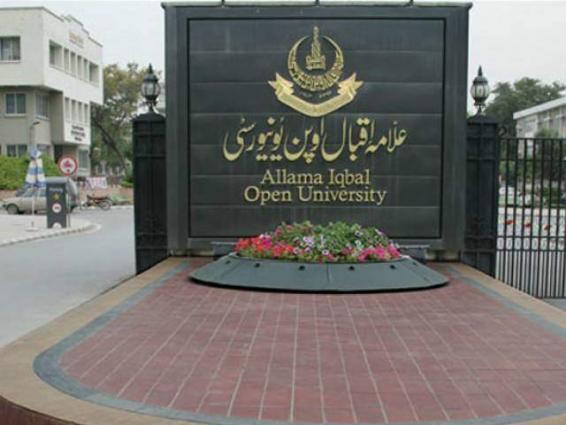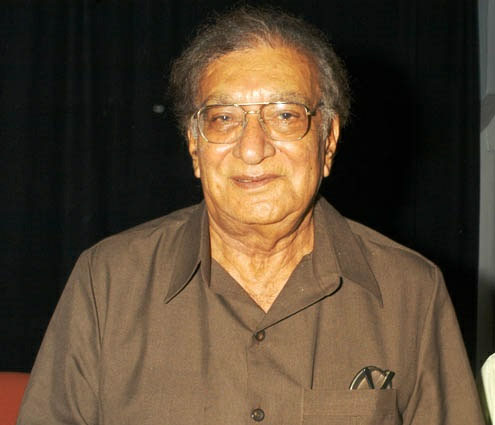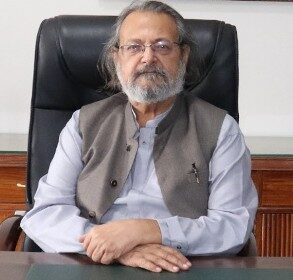ISLAMABAD, Jul 9 (APP): Chairman of the China Chamber of Commerce in Pakistan (CCCPK) Wang Huihua has said that the 500kV Double Circuit Quad Bundle Transmission Line will play a pivotal role in enhancing national grid’s capacity, ensuring stable and efficient transmission of electricity by connecting Nelum Jhelum and 844 MW Suki Kinari project.
Addressing at an event to mark the launch of the Pakistan ADB-401A 500kV Double Circuit Quad Bundle Transmission Line Project, he said the project represents a significant leap forward in Pakistan’s quest for energy security and economic growth, said a press release issued here Tuesday.
“As we inaugurate this critical piece of the project, we also celebrate the collaborative efforts that have brought us to this point. From the hardworking engineers and dedicated workers to our valued partners and supporters, your collective contributions have been invaluable. This transmission line is more than just a technological achievement; it is a symbol of progress and a testament to our commitment to building a resilient and reliable energy network”, he said.
He said the project is a cornerstone of our strategy to improve grid infrastructure, directly impacting the quality of life for millions and supporting the continuous operation of essential services.
A robust and dependable energy supply is the backbone of economic growth and this transmission line will support CPEC industrial zones, Special Economic Zones (SEZs), and urban centers, creating an environment that is conducive to investment and development, he said.
He said by providing the energy needed to power factories, businesses, and homes, we are laying the groundwork for sustainable economic progress. Reliable energy infrastructure attracts both local and foreign investments, fostering job creation and economic diversification.
We know that the CPEC platform has been instrumental in addressing Pakistan’s energy challenges in multiple ways. Firstly, CPEC projects have increased energy capacity significantly, with various energy projects adding around 8000 MW to the national grid, thereby reducing the energy deficit. Secondly, CPEC has helped diversify Pakistan’s energy portfolio, reducing our dependence on any single source of energy and promoting a balanced and sustainable energy mix.
Lastly, collaboration with Chinese companies under CPEC has led to the transfer of technology and expertise, building local capacity and enhancing our ability to manage and operate advanced energy infrastructure.
He said as we move towards a greener future, this transmission line will facilitate the integration of renewable energy sources into our national grid, supporting our commitment to sustainable development. Hydropower, wind, and solar energy projects are becoming increasingly important in our energy mix, he said.
He said this transmission line project is crucial in ensuring that the clean energy generated from these renewable sources is efficiently transmitted to where it is needed most, helping to reduce our carbon footprint and promote environmental sustainability.
Highlighting the importance of the Suki Kinari Hydropower Project, he said that the project is a cornerstone of the China-Pakistan Economic Corridor (CPEC). This project is not just about generating 844 megawatts of clean, renewable energy; it is about setting a new benchmark for sustainable development in Pakistan. The Suki Kinari project is an investment of CEEC and stands as a beacon of our efforts to harness the power of nature in a manner that benefits both the economy and the environment.
He also emphasized the unwavering commitment of the China Energy Engineering Corporation (CEEC) to the development of Pakistan’s energy sector. CEEC has been a key partner in the journey towards energy sufficiency, providing expertise, technology, and investment in numerous projects. Our dedication extends beyond merely increasing energy capacity; CEEC is also deeply committed to aiding Pakistan in its transition towards renewable and sustainable energy.
By investing in projects like the Suki Kinari Hydropower Project, Azad Pattan in the next phase, and other renewable energy initiatives, CEEC is helping Pakistan reduce its carbon footprint, harness the power of clean energy, and achieve long-term energy sustainability.
